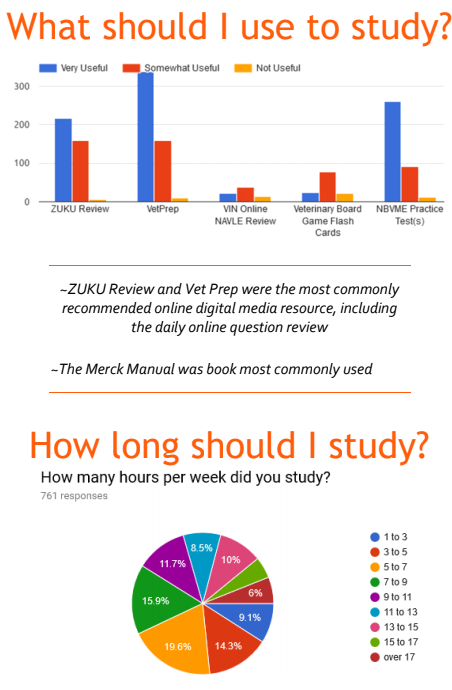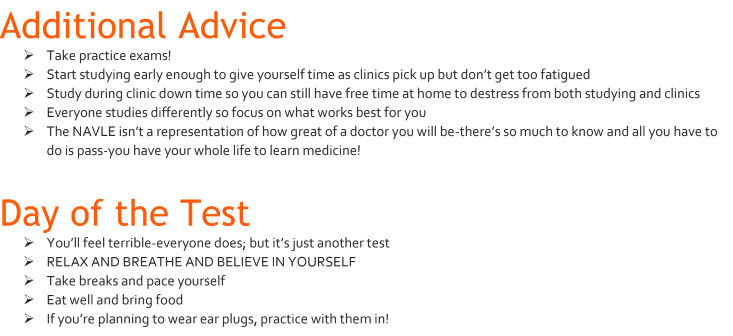 An average day in the Goho household
An average day in the Goho household
One would think as a little girl who adored her two veterinarian parents, and all of the animals that came along with it, that becoming a vet would always have been my dream, but that is far from the truth. In fact, in the third grade my parents came to school to look at the “What I Want to be When I Grow-Up” posters — almost every poster had “veterinarian” listed, except for mine. Mine read: “Waitress.” Despite this ambition, my parents encouraged me to pursue my passions, even if it wasn’t veterinary medicine. From teacher to astronaut, they supported me in all my dreams, though I imagine they were pleased when I became serious about becoming a veterinarian during high school. I became enamored with veterinary medicine because it allows one to delve into all aspects of medicine, rather than just one. Although they didn’t push me into the field, my mom and dad definitely played a role in this decision. While I am slightly biased, both of my parents are absolutely brilliant, and I admire them greatly— from my dad doing a PDA surgery on a 5 pound Yorkie to my mom performing a colic surgery in the field, they are both my heroes. I continually try to stump them with things I’ve learned in vet school, but I have yet to do so (I will one day!). I have been able to assist my dad with surgery, and work with both of my parents at their practice. My dad also volunteers as a veterinarian at the Iditarod Sled Dog Race in Alaska, which is something I hope to one day be able to do with him. I am incredibly fortunate to be able have my mentors also be my parents and couldn’t imagine pursuing this journey without them. -- Avery Goho, North Carolina State University, College of Veterinary Medicine
 When Dad found out I got into vet school after returning home from Alaska
When Dad found out I got into vet school after returning home from Alaska Dad examining the Iditarod dogs up in Alaska
Dad examining the Iditarod dogs up in Alaska
 Tuesday, August 7, 2018 at 12:46AM
Tuesday, August 7, 2018 at 12:46AM  The Three Musketeers
The Three Musketeers Cutest Pet,
Cutest Pet,  News
News 








